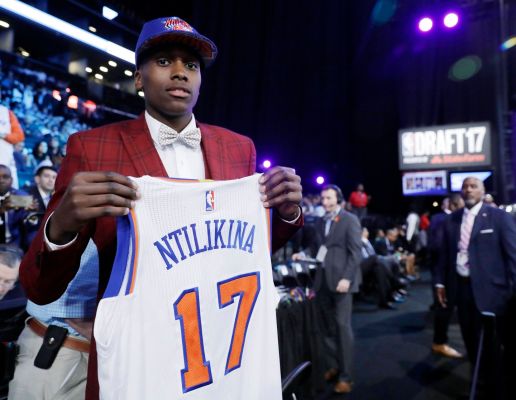There is a old adage, (not sure when and from whom this was first attributed to), that ascribes a breakthrough in an auto manufacturer's business strategy to them realizing that they were not in the 'car building' business, but rather they were in the 'helping people to get where they want to go' business.
This restatement in their fundamental purpose as a business became the key to thinking differently or more expansively about the business, their products, and the talent attraction and retention programs they would have to employ. This kind of thing is happening once again in the auto industry, as described in a piece I read over the weekend from Business Insider titled 'There's a raging talent war for AI experts and it's costing automakers millons'.
Most of the major auto makers are now playing at some level or another in the nascent self-driving vehicle space - continuing the evolution of their business purpose and their strategy towards personal transport and away from just making cars. But, as you would expect, and the BI piece points out, these shifts have important implications for talent attraction and retention - most importantly even for those of us not in auto making, and are driving changes in the talent competition marketplace.
From the BI piece:
But automakers, in particular, are making massive investments in (AI) experts because they’ve begun their AI efforts late compared to traditional tech companies.
Because deep learning has applications far beyond just self-driving cars, manufacturers are having to compete with each other and traditional tech companies.
Only 28 companies have more than 10 deep learning specialists on staff, accounting firm KPMG wrote in a 2016 report. What's more, only six technology companies employ 54% of all deep learning specialists: Google, Microsoft, NVIDIA, IBM, Intel, and Samsung.
"The traditional power and talent of the auto industry was based in their product development group," Gary Silberg, the head of KPMG’s automotive unit, told Business Insider. "So they would hire these amazing mechanical and electrical engineers at the top schools of engineering and they would be part of product development."
"You can’t just turn on a dime and say, 'ok, now we are going to go recruit AI geniuses and computer scientists and expect them to come to work with us,'" Silberg continued.
A shift in strategy, leading to the increased demand for a (apologies to Liam Neeson) particular set of skills, is changing how and with whom the auto makers are having to compete with in order to find the talent they need for these AI initiatives. And they are not finding it easy. Instead of a GM or a Ford more or less having to only worry about each other, and maybe Chrysler, for the cream of the crop of mechanical engineers and industrial designers, they now have to compete with Google, Uber, Microsoft, Tesla and more for the really, really scarce pool of AI experts.
In fact, as the BI piece points out, the pool of AI experts is so small at least in part due to the best AI professors themselves being recruited out of academia and into industry, leaving universities unable to meet the demand for educating more AI students.
Want a great example of how a business strategy shift impacts your talent strategy, and requires that the talent strategy undergo a complete re-think? Look no further than this example from the auto makers. The lesson here? The next question your company needs to ask when assessing a business strategy shift, after 'Can we really do this?' is 'Can we find, attract, hire, and retain the kinds of people we need to do this?'
Competing for talent against one or two competitors that do about the same thing as you do is fairly straightforward.
Competing for talent against an ever-growing, deep pocketed, and fast moving ecosystem of often dissimilar companies is another thing entirely.
Have a great week!


 Steve
Steve

